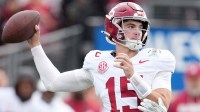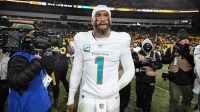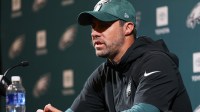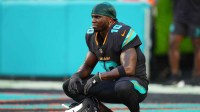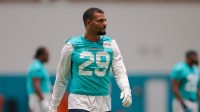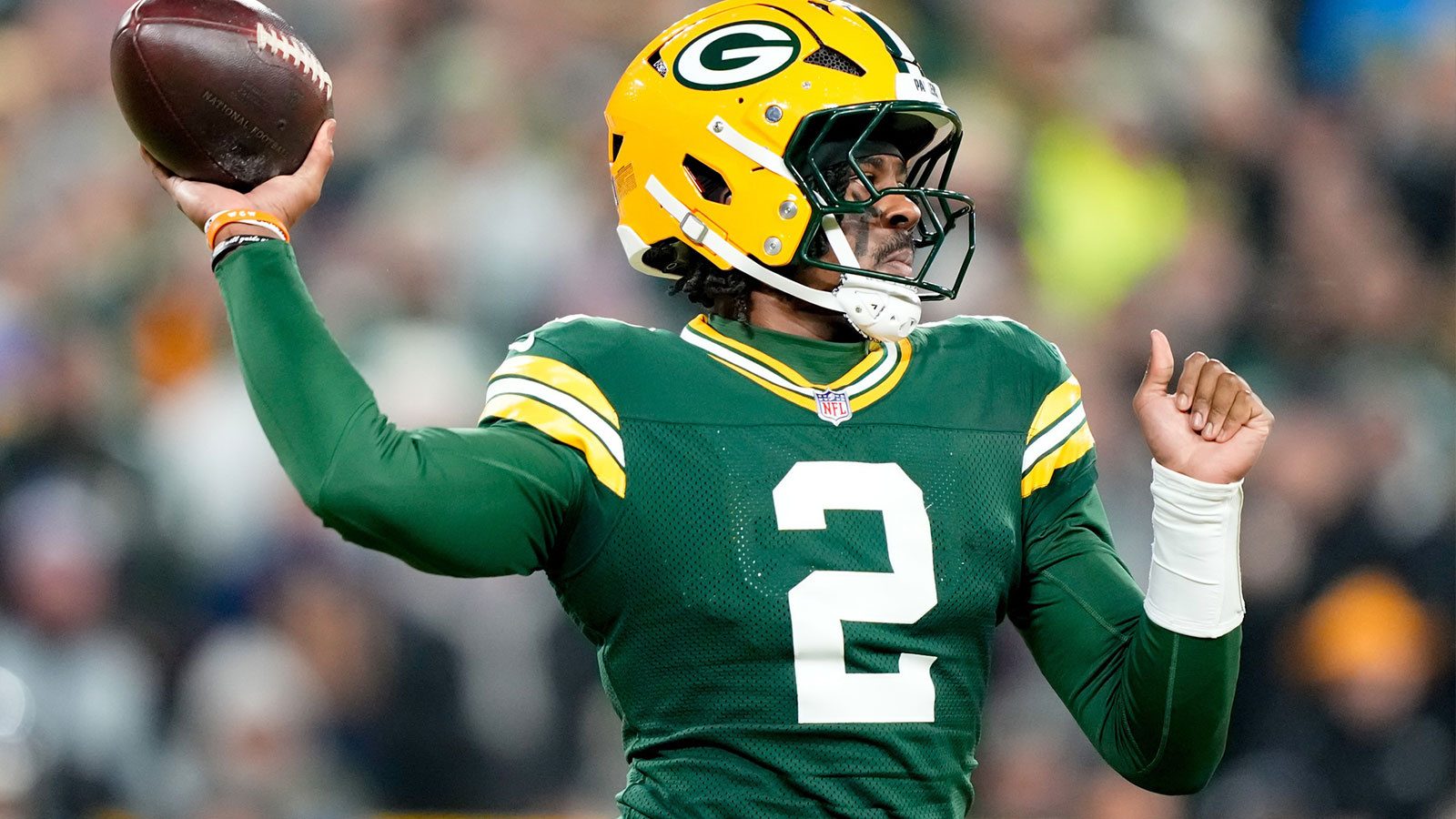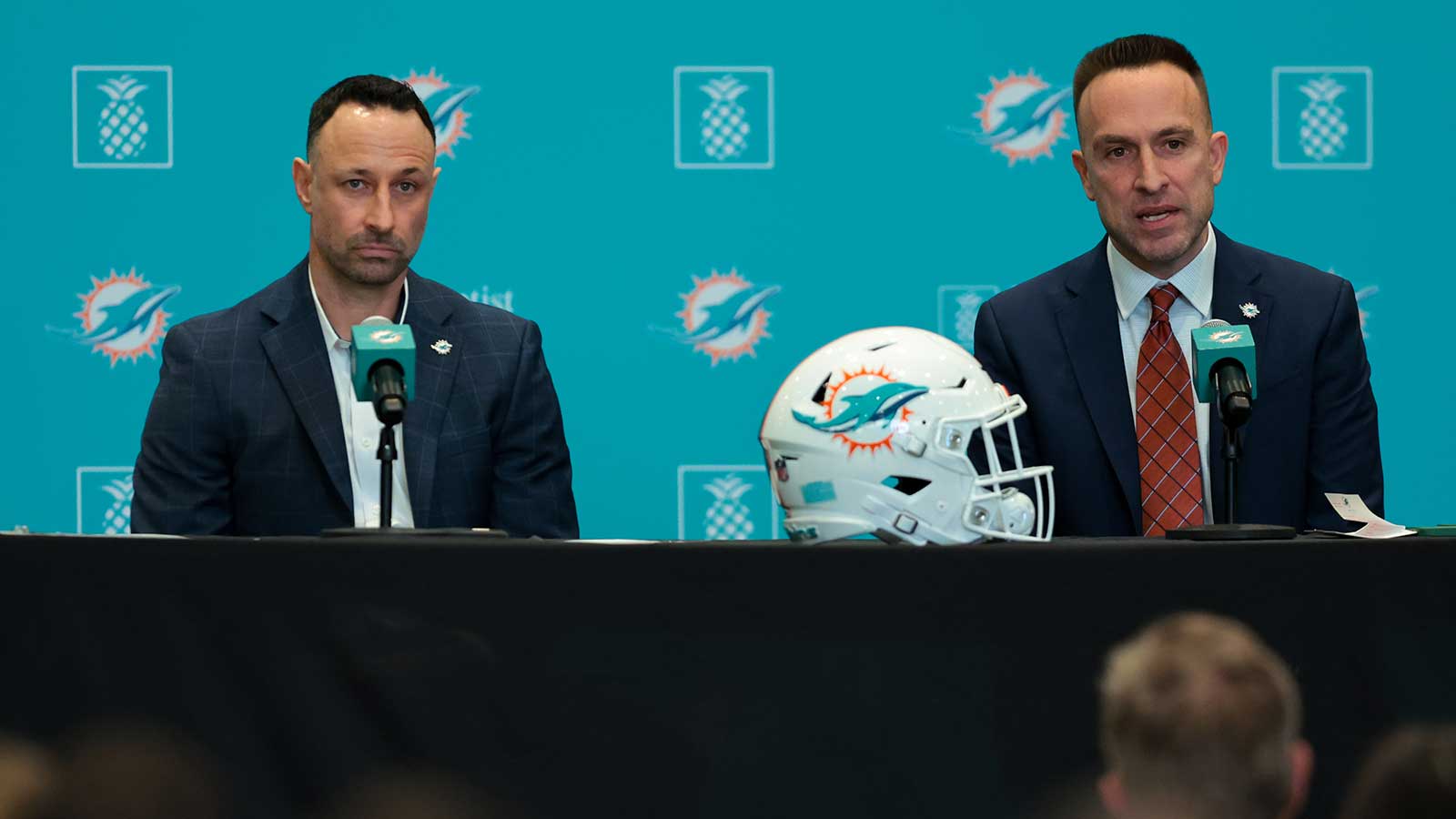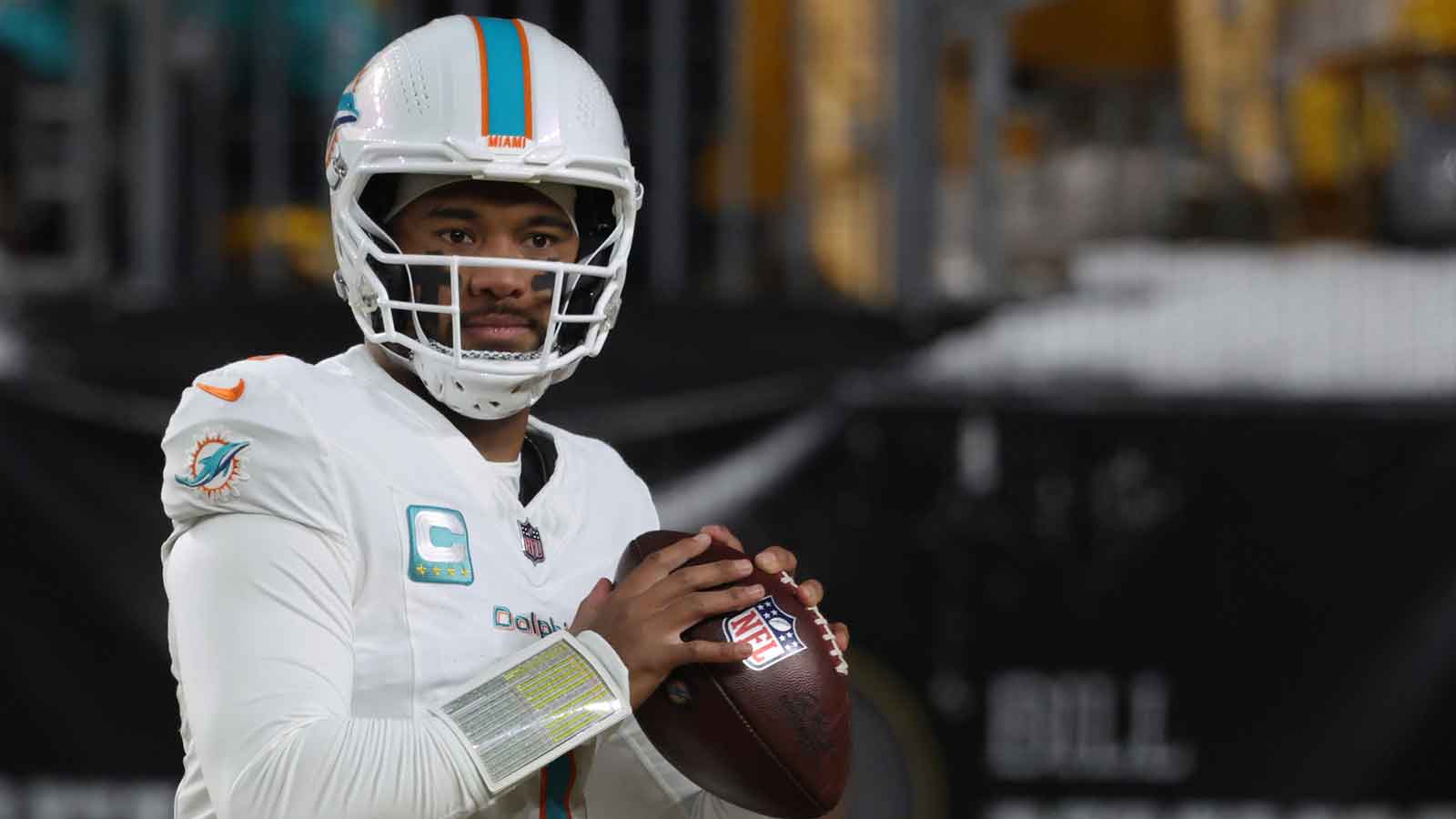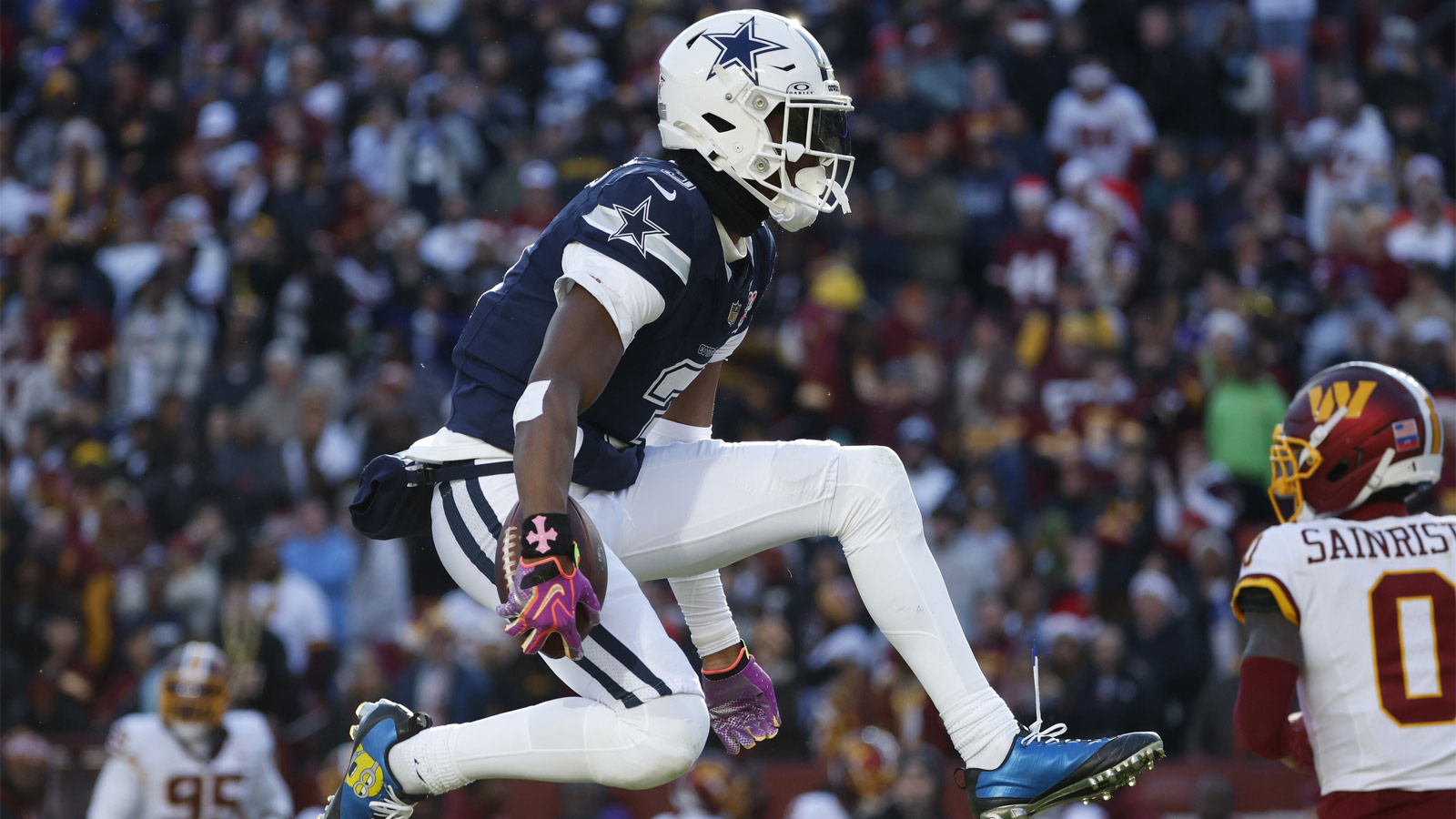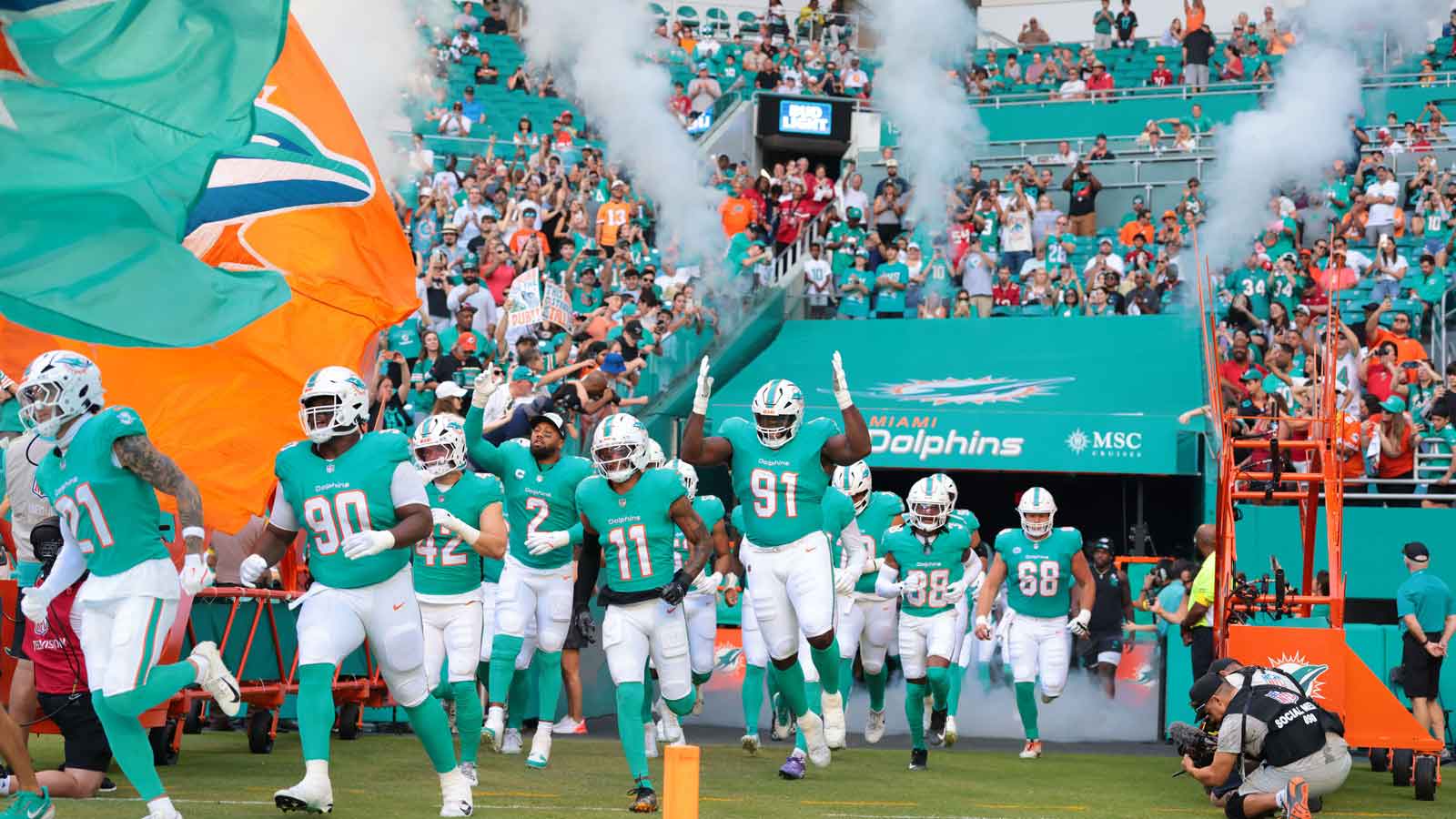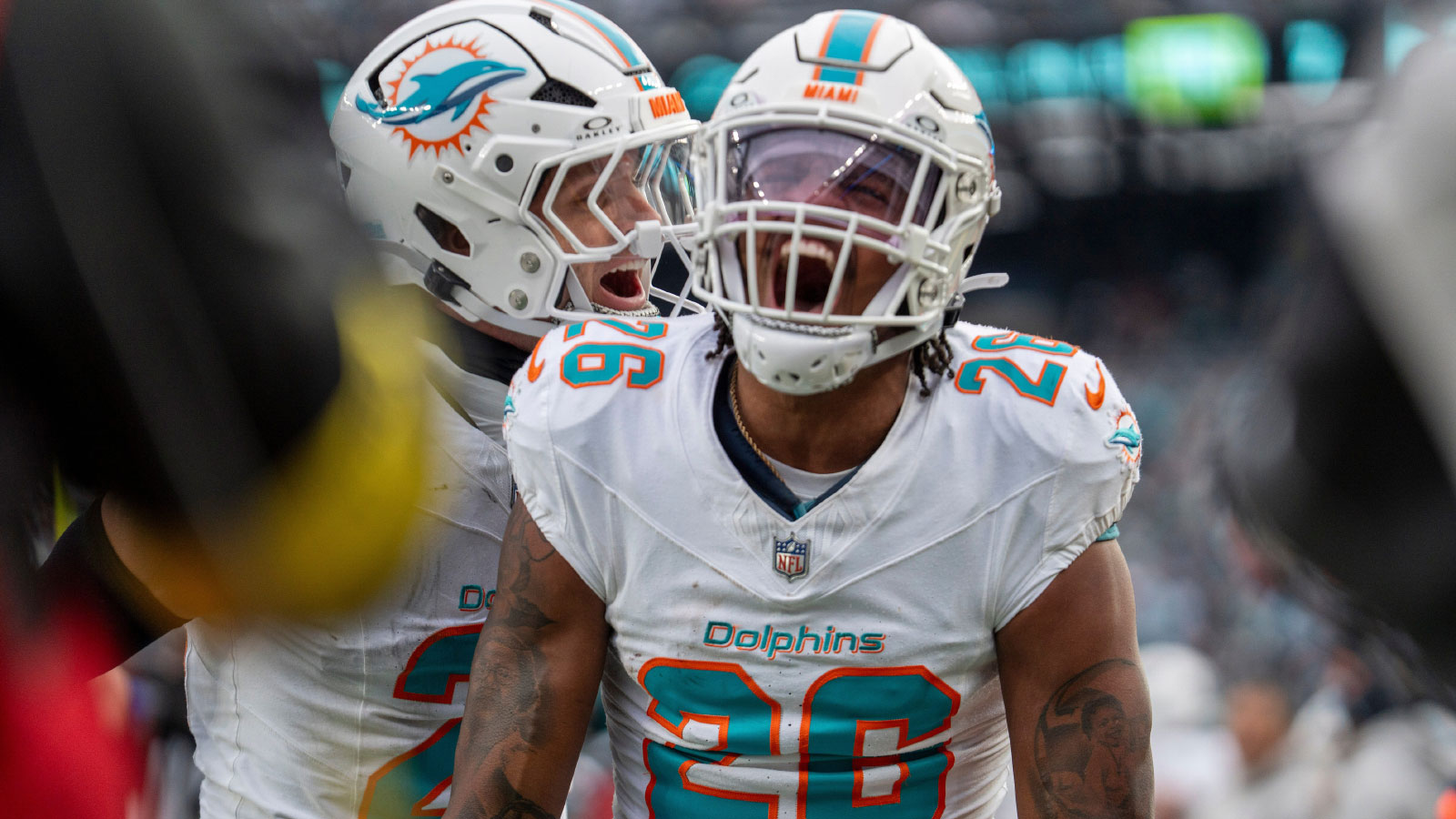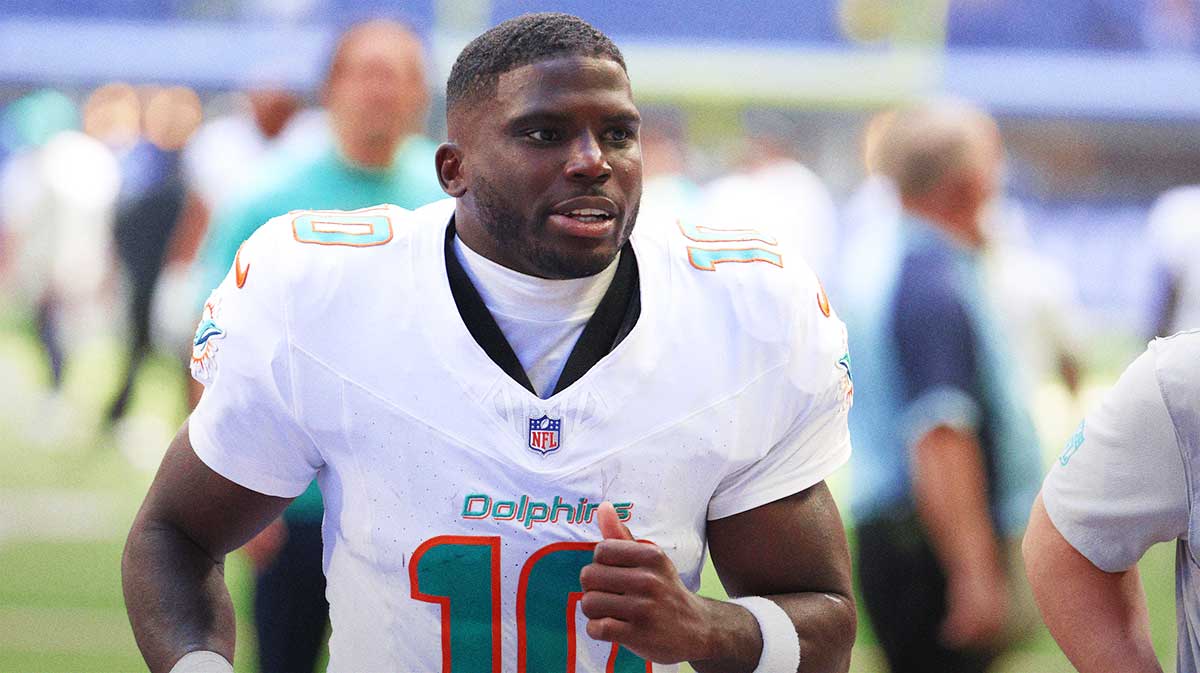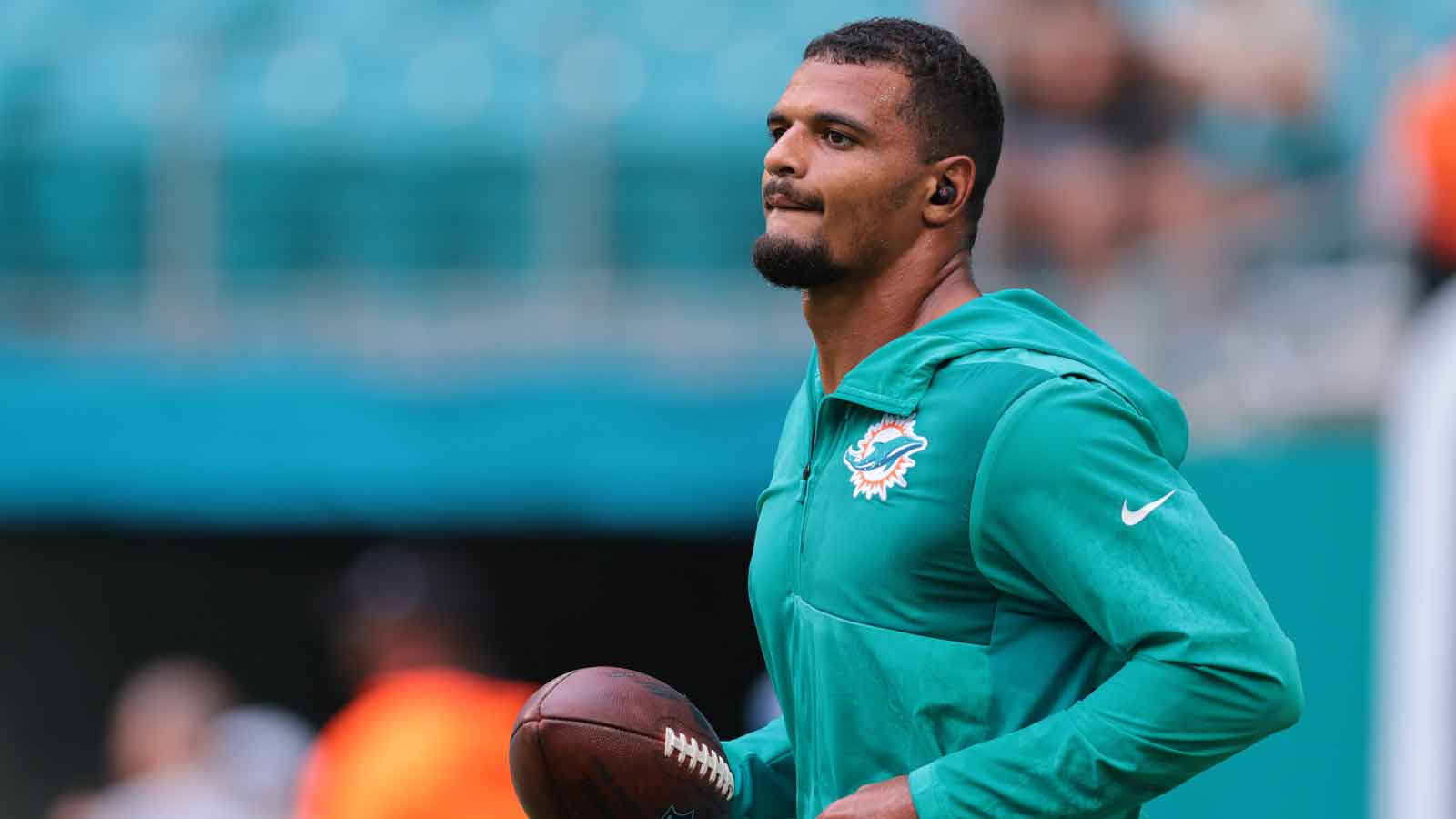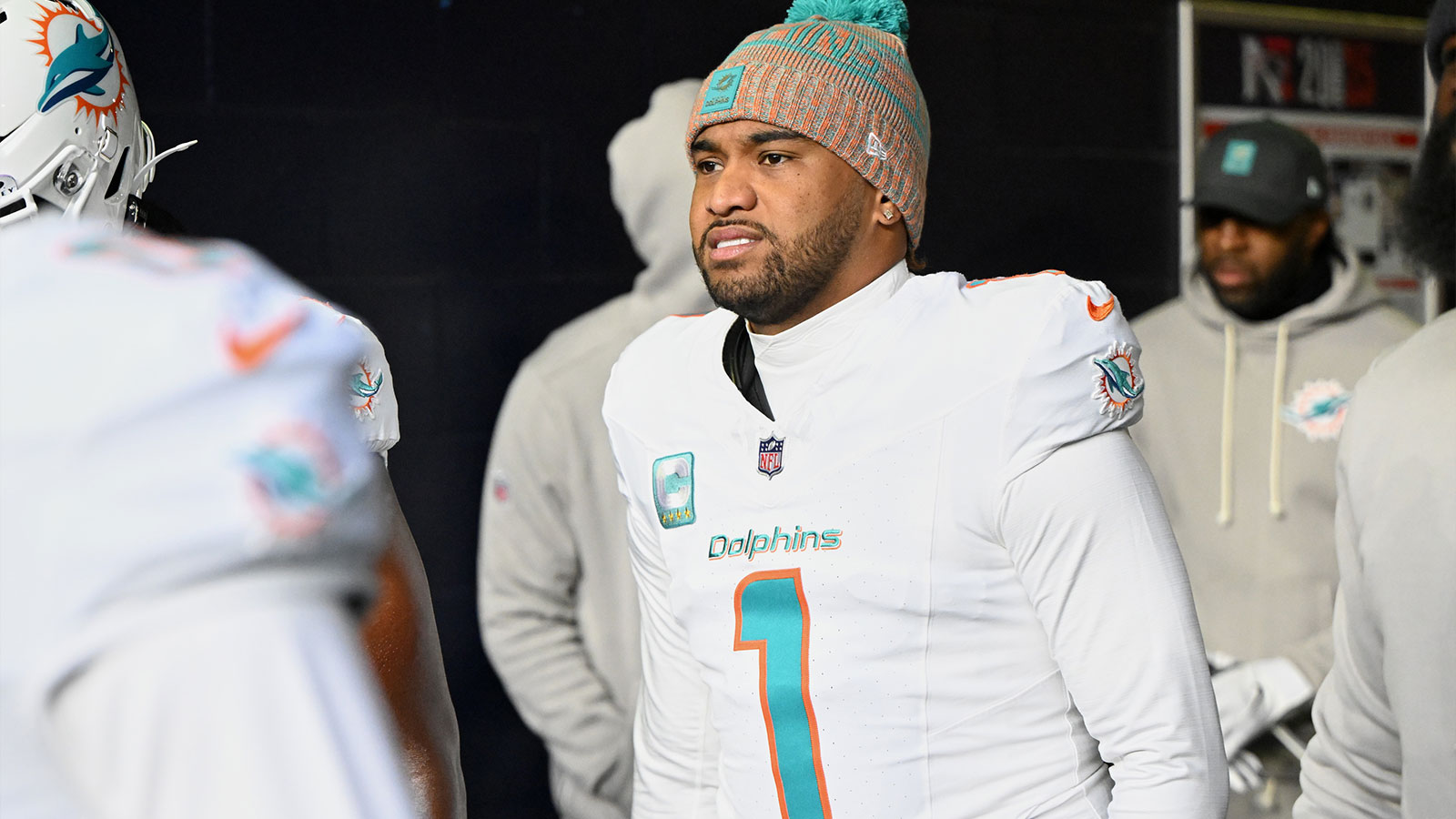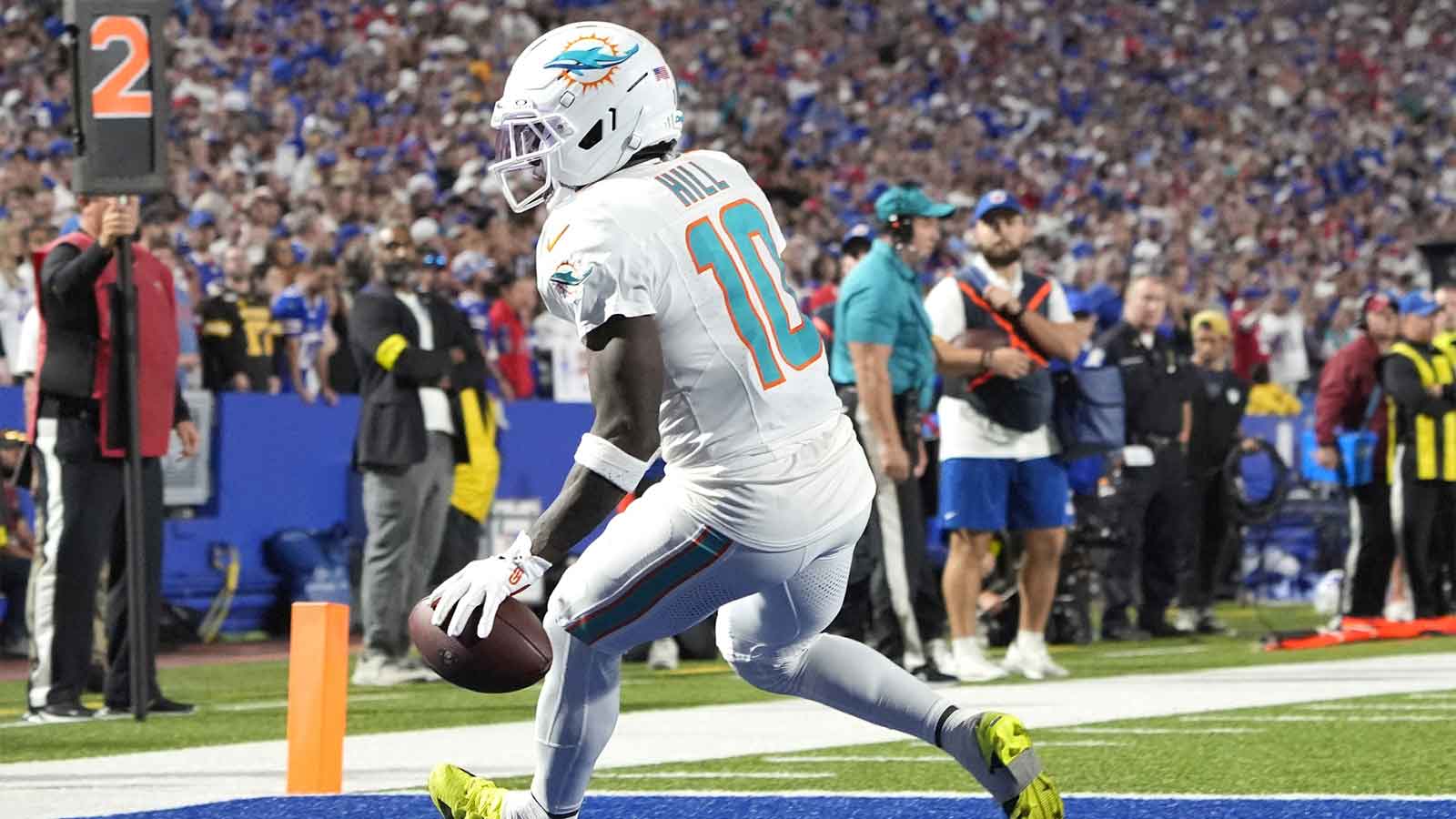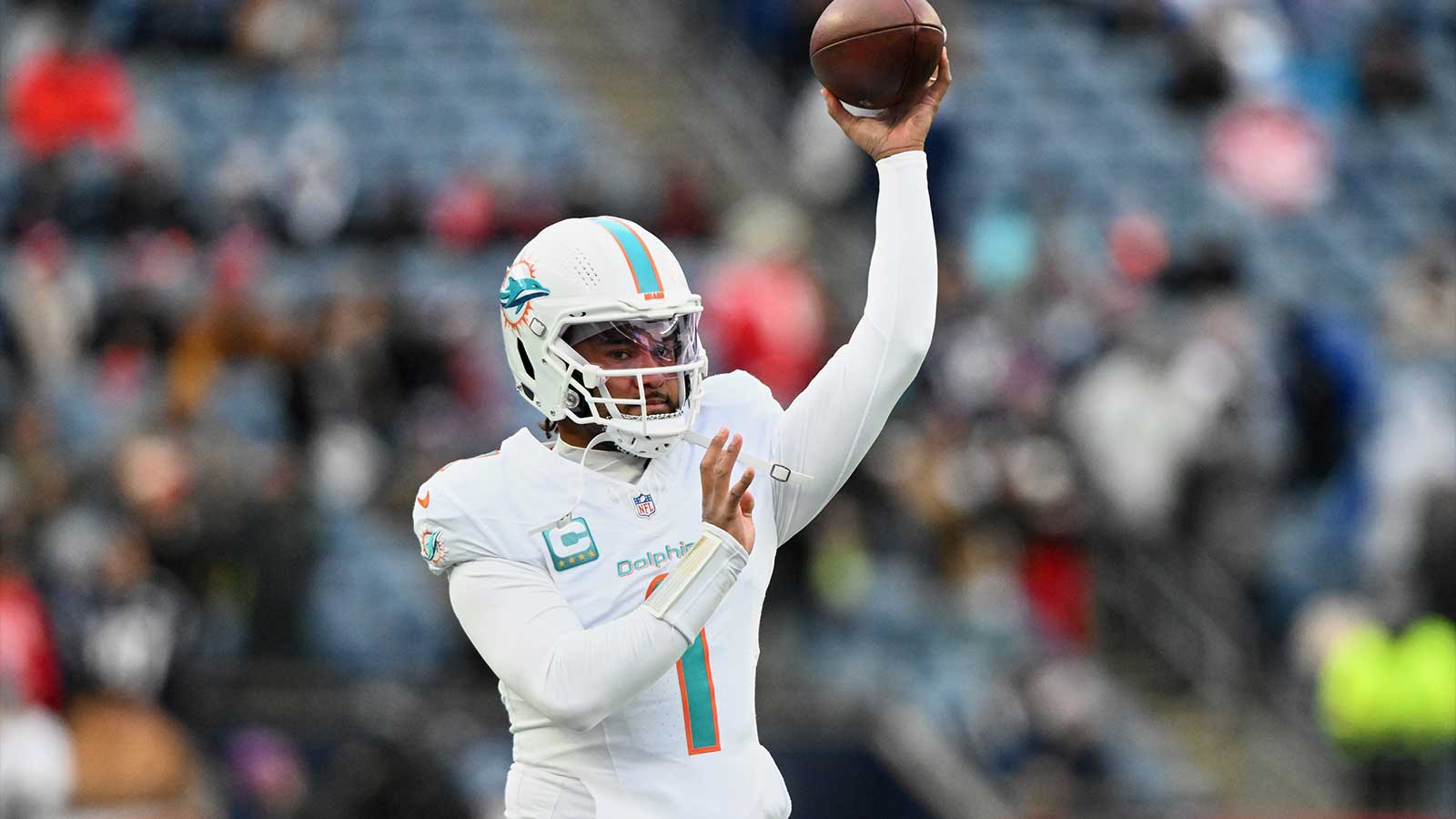An important game for playoff seeding saw the Miami Dolphins travel to California to face the Los Angeles Chargers, a game that saw Miami struggle greatly on both sides of the ball. A failure to move the ball on offense matched by the defense failing to stop pretty much everything the Chargers threw their way.
From Justin Herbert’s 367 passing yards on 51 attempts, to a combined 26 receptions between Austin Ekeler, Keenen Allen, and Mike Williams, to a 50 percent allowed third-down conversion rate, the Chargers and their offense ran through, around, and over the defense efforts of the Dolphins.
Plenty of things went wrong for the Dolphins on Sunday, but these three people are the biggest reasons why.
3. Tua Tagovailoa
It’s not solely because of the play calling, and it certainly isn’t solely on the shoulders of his pass catchers – Tua Tagovailoa finally had one of those games (again) that put him back in the headlines, and not for good reasons.
Completing only 10 passes in the entire game, Tagovailoa was wildly inefficient, inconsistent, and a hindrance to the success of the offense. His poor decision-making kept this team down, and a long TD to Tyreek Hill is the only reason that he even produced more than 100 passing yards.
The offensive game plan for Miami seems to be designed more around what Tagovailoa cannot do and less about what he can do, focusing on how best to cover up his weaknesses. But when the few positives that Tagovailoa has go south, this offense turns into a puddle of nothing, exactly what we saw in Week 14.
2. Mike McDaniel
While saying that Tagovailoa’s dreadful performance is mainly based on his left arm, it also rests on the shoulders of Mike McDaniel. Granted, it would have been to tough to rely on the ground game being down 17-7 heading into halftime, but only running the ball 19 times (16 carries by RBs) put too much on Tagovailoa’s shoulders.
Turning away from the run can certainly be attributed to the score, but a sign of a balance offensive attack is success through both avenues, and McDaniel is certainly very aware of that. Only averaging more carries per game than the Buccaneers (22), Miami is used to not running the ball much, but they still came in under their season average Sunday.
If this team wants to make the playoffs, then they need to trust Raheem Mostert and the rest of the backfield, especially since a sustained ground attack opens up more opportunities for Tagovailoa.
1. MIA Defensive Secondary
In this instance, the initials MIA are not in reference to Miami – they are in reference to their pass defense missing in action. Herbert’s 51 attempts showed that Brandon Staley was not shy about what style of offense they wanted to run, and yet the Dolphins were unable to stop them.
In PFF’s game grades, it should come as no surprise that there are no members of Miami’s secondary in the top 5 best grades, but there are four in the bottom 5 – Xavien Howard, Kader Kohou, Jevon Holland, and Keion Crossen all graded out with sub-60 player grades.
When considering a grade based solely on pass coverage, Howard, Kohou, Eric Rowe, and Crossen all produced sub-60 grades, a direct representation of how much this unit struggled.
Expecting the Dolphins to produce a lights-out performance when guarding opposing wide receivers is a bit out there, but just asking for an average performance would have been better than what this secondary provided Sunday.



